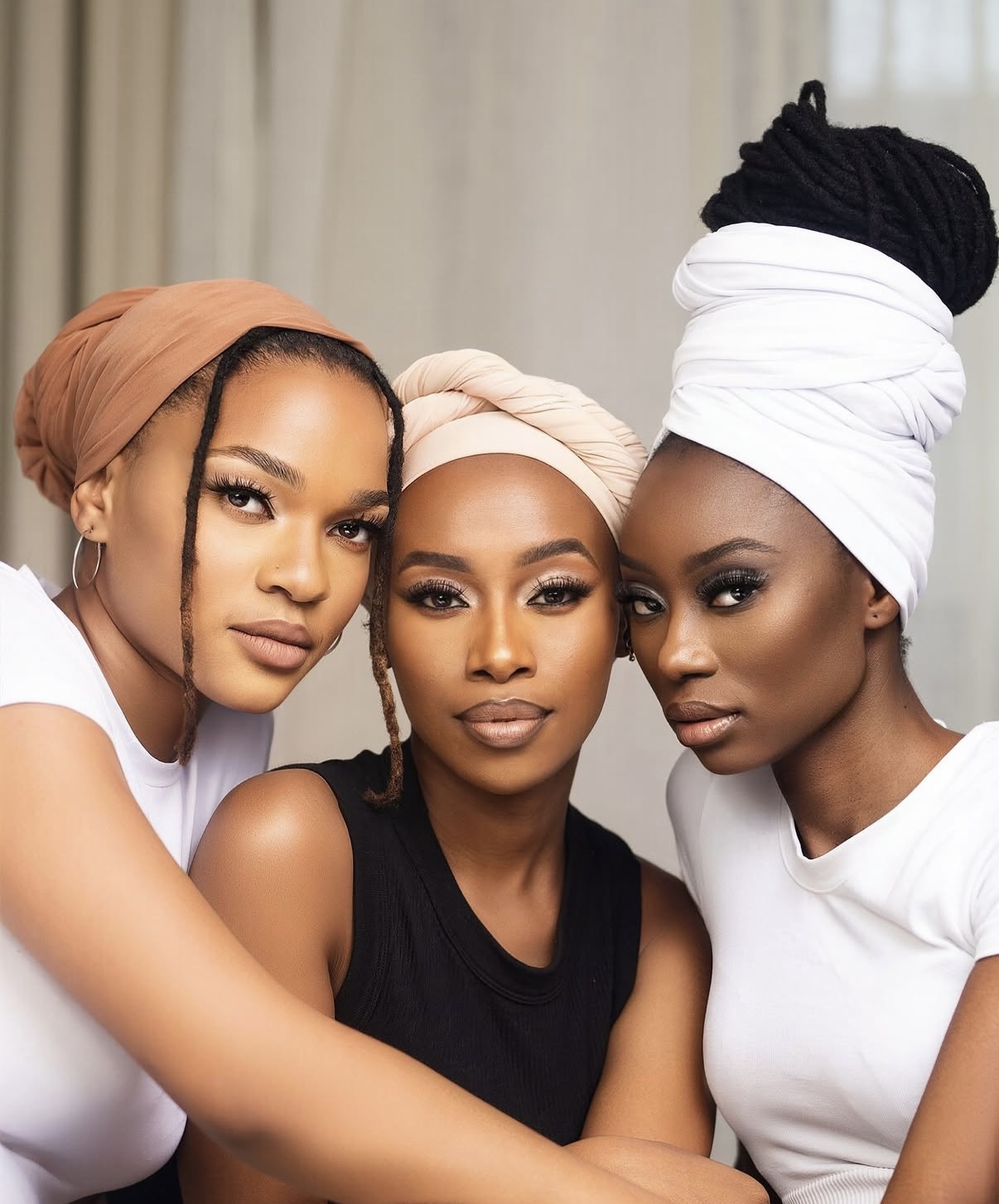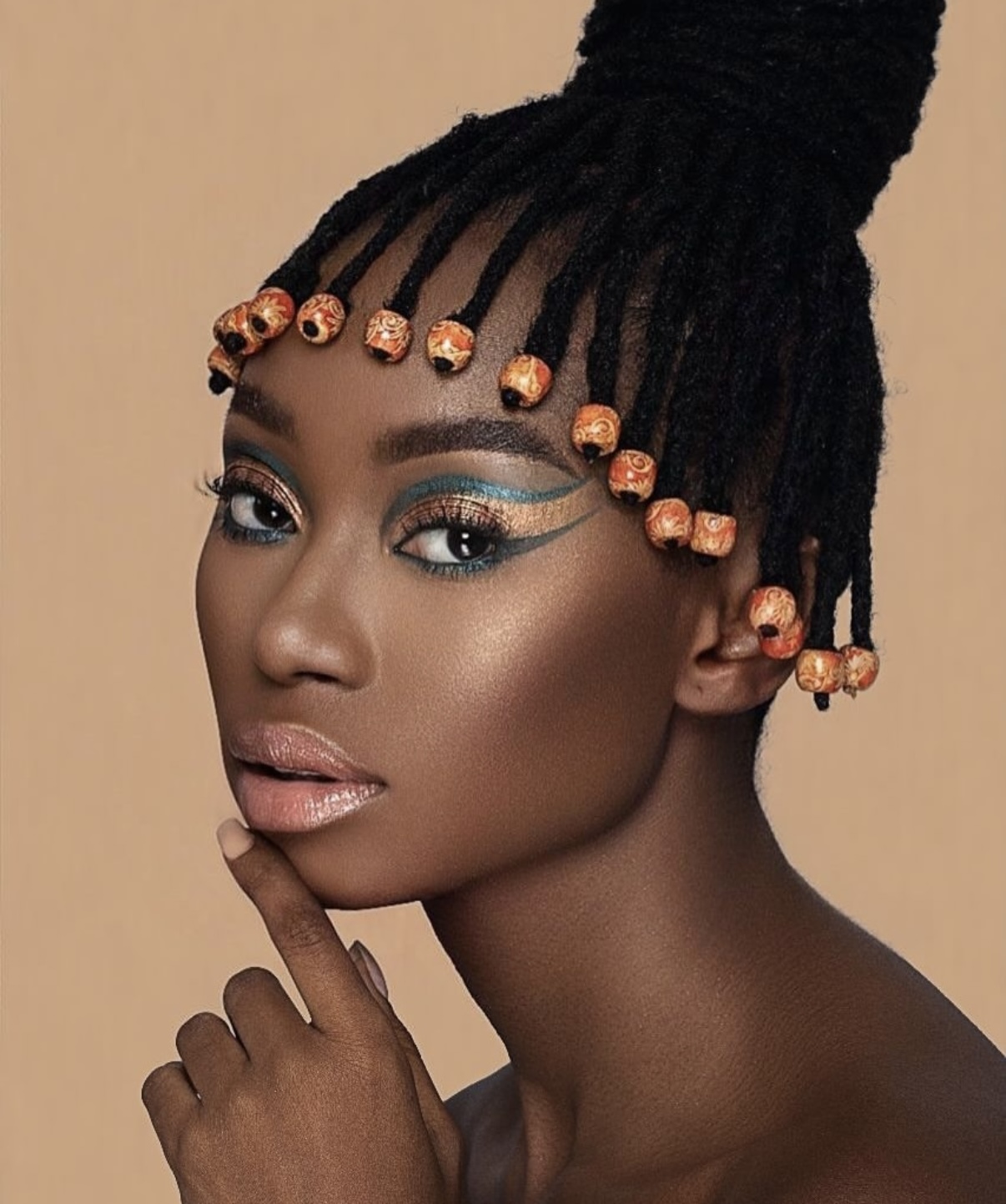In South Africa, hair has always been more than hair. It carries memory, heritage, and an unspoken language of identity. For some, it’s the rhythm of cornrows on a Sunday afternoon. For others, it’s the quiet resistance of an afro worn unapologetically in a world that once demanded conformity. For Akhona Kom, it’s the 23-year journey of locs that have grown with her, shaped her sense of self, and inspired a movement rooted in pride.
What began as a series of Instagram posts documenting her hairstyles soon became something bigger than Akhona ever imagined. With every image shared, conversations sparked — from followers asking for care tips to strangers opening up about the struggles and stereotypes they faced in their natural hair journeys. In those exchanges, she recognised a glaring gap: South Africa lacked a dedicated, celebratory space for the loc community.
That realisation birthed Loc Nation Africa, a cultural hub and digital platform that is as much a love letter to natural hair as it is an archive of identity and empowerment. Today, the platform is more than tutorials and styling inspiration — it’s a movement challenging perceptions, amplifying voices, and celebrating every crown. We chat with Akhona about her journey, the lessons she’s learned, and why locs are more than a hairstyle; they’re a statement of heritage, identity, and self-love.
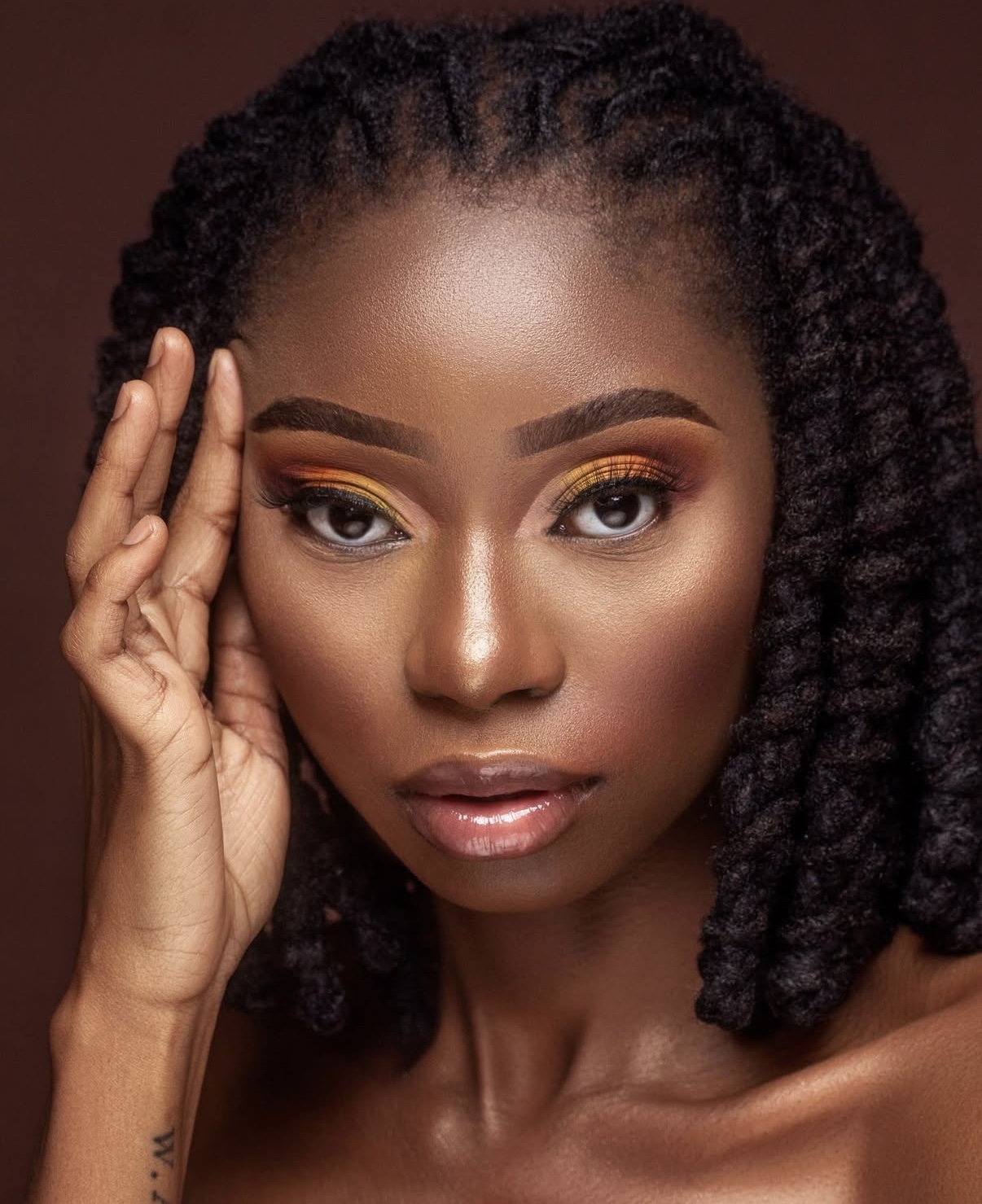
Loc Nation Africa has grown into a cultural hub, an educational platform, and a love letter to natural hair. What inspired you to create it, and what personal experiences shaped the vision?
It all began with me building my online presence as a model on Instagram, where I shared my loc hairstyles. I’ve been growing my locs for 23 years, and I love experimenting with different styles to show that locs can be incredibly versatile. Over time, I began attracting more followers with locs, receiving DMs about my hair journey, how I care for my locs, and even requests for tips and salon recommendations. People also opened up about their challenges and pain points.
That’s when I realised there was a real gap in the market for a dedicated loc community in South Africa. So, I started by creating an online space where we could share knowledge, lessons, styling tips, and most importantly celebrate everyone who rocks locs.
As someone who educates, creates, and curates online and in real life, how have you used digital storytelling to empower people in the natural hair space?
I’ve used digital storytelling as a powerful tool to build a vibrant, supportive community around natural hair, especially locs. By sharing my own 23-year loc journey, styling tips, and hair care lessons online, I’ve created an authentic space where people feel seen and inspired. Through posts, videos, and conversations, I encourage open dialogue about the challenges and joys of wearing locs, helping to break down myths and build confidence.
Most importantly, this storytelling platform celebrates every individual who rocks locs, amplifying diverse voices and experiences because representation truly matters. It’s about more than hair — it’s about identity, culture, and empowerment, and digital storytelling lets us connect, educate, and uplift each other on that journey.
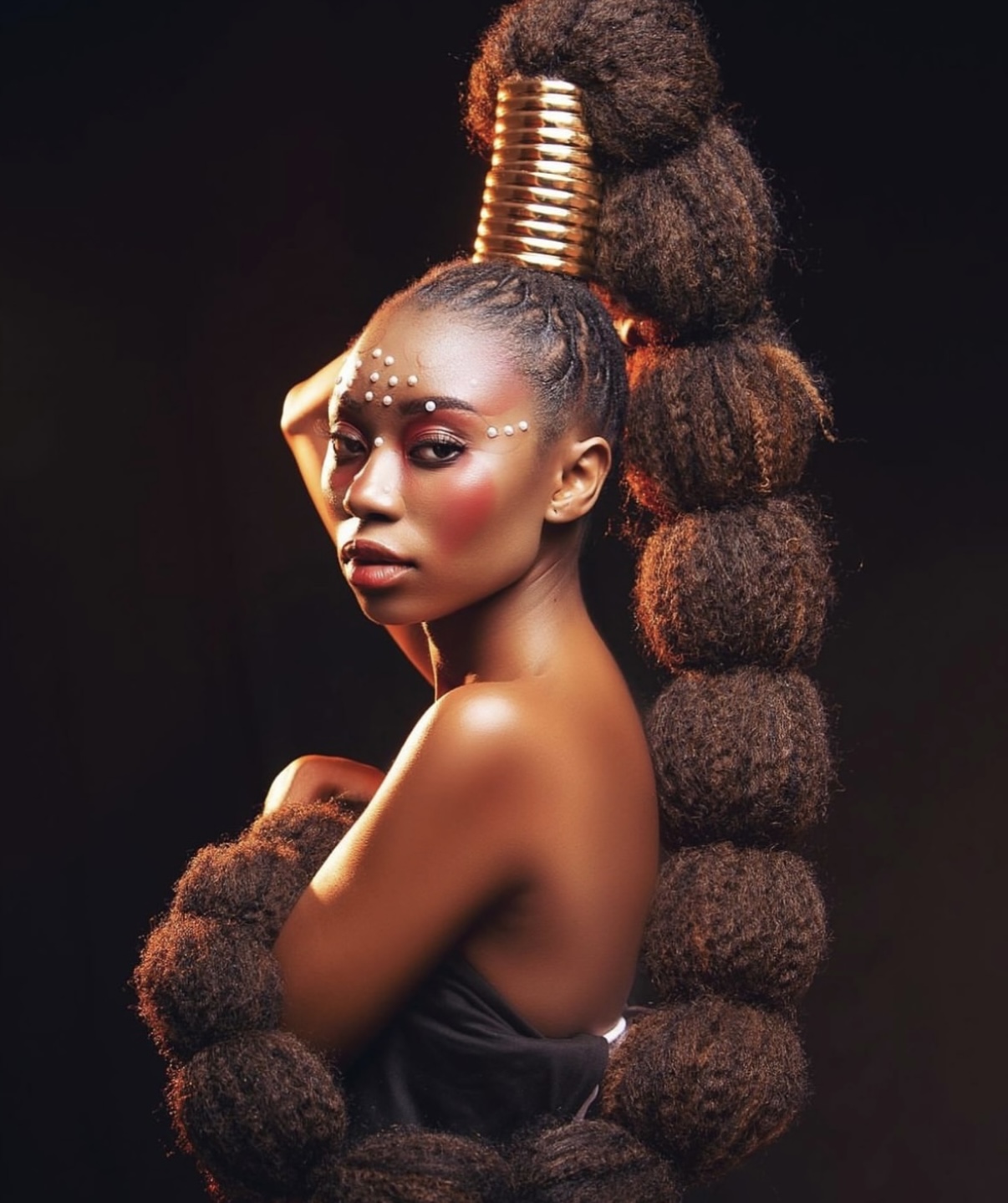
You’ve built a brand rooted in care, heritage, and pride. What do you hope your clients and followers feel when they engage with Loc Nation Africa?
When people engage with Loc Nation Africa, I want them to feel seen, celebrated, and empowered. I hope they feel a sense of pride in their natural hair and heritage, and know they’re part of a community that values authenticity and self-expression.
I want every client and follower to feel that this is a safe, inclusive space where their voice matters — whether they’re seeking hair care tips, sharing their personal journey, or simply celebrating their locs. My goal is for them to walk away feeling inspired, confident, and connected, knowing that representation matters and their crown is worthy of love and care.
Let’s talk about challenges. What have been some of the biggest lessons you’ve learned as a woman building a purpose-driven business in the beauty and culture space?
One of the biggest lessons I’ve learned is that building a purpose-driven business in the beauty and culture space requires equal parts resilience and clarity. When your brand stands for something deeper like representation, heritage, and pride, you’re not just selling a product; you’re challenging perceptions, educating your audience, and carrying the weight of a community’s voice. That can be both beautiful and heavy.
I’ve learned to stand firm in my “why,” because not everyone will understand your vision right away. There were moments where I felt pressure to compromise my values for quick wins, but I realised that staying authentic, even when it’s slower, builds a far stronger and more loyal foundation.
Another big lesson is that purpose doesn’t replace the need for strategy. Passion will ignite your journey, but systems, planning, and execution keep it alive. In beauty and culture, trends shift quickly, and you need to innovate without losing your roots.
Finally, I’ve learned that your community is your greatest asset. The conversations, the feedback, the shared stories, they’ve shaped Loc Nation Africa just as much as my own vision has. Purpose-driven work is never really about you alone; it’s about the “us” you build along the way.
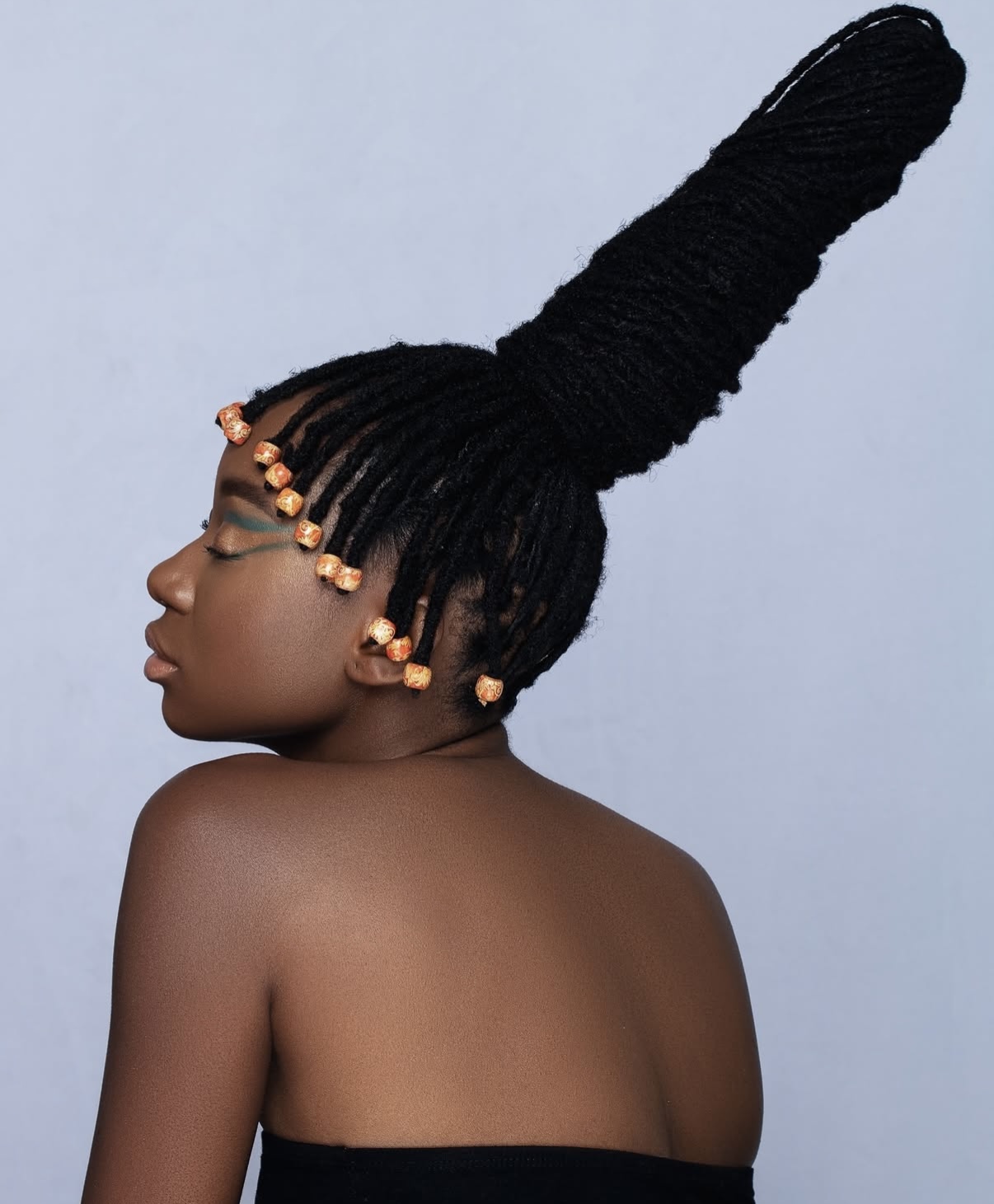
Fashion, hair, and identity are deeply connected. How would you describe your personal style, and how does it show up in the way you move through the world?
My personal style blends bold authenticity with effortless comfort. I see my locs as my crown, more than just a hairstyle, they’re a powerful statement of self-love, culture, and resilience. They often set the tone for my look, inspiring the colours, textures, and accessories I choose.
Growing up, I struggled with low self-esteem, constantly bullied for being skinny. But the day I chose to truly love myself, everything shifted. I began embracing my body and my uniqueness, and now I dress in whatever makes me feel comfortable, confident, and unapologetically me.
Women’s Month is all about shapeshifting — creating, reinventing, and breaking barriers. What does shapeshifting power look like in your life right now?
Right now, shapeshifting power in my life looks like embracing change without fear and letting my evolution be visible. I’m in a season of merging all the parts of me – the creative, the entrepreneur, the digital marketer, and the woman still learning and unlearning.
It’s about giving myself permission to outgrow spaces that no longer serve me, to redefine success on my own terms, and to move with purpose even when the path ahead isn’t fully clear.
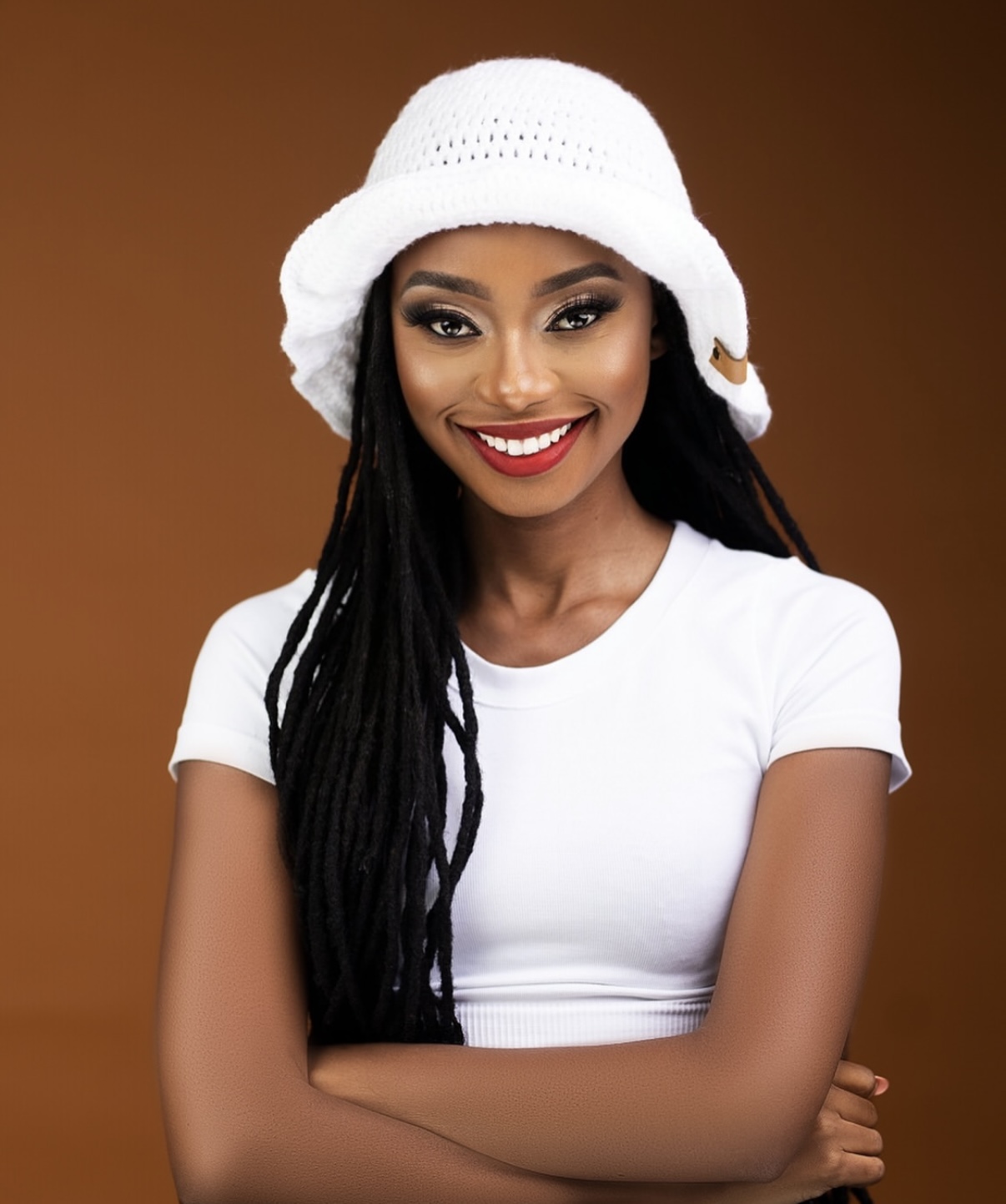
As a woman in business, how do you navigate societal expectations — especially around beauty, professionalism, and womanhood — while staying true to yourself?
I show up as myself, knowing that authenticity is my strength. I’ve learned that professionalism doesn’t have to mean erasing culture or individuality, it’s about respect, consistency, and the value you bring. And as for womanhood, I’ve embraced the fact that there’s no single way to “be” a woman; it’s a spectrum of power, softness, and choice, and I get to define it on my own terms.
You’re already shifting the culture with Loc Nation Africa — from digital campaigns to community spaces. What’s next for you, and what kind of legacy do you hope to build?
What’s next for me is expanding Loc Nation Africa into a global movement—one that goes beyond hair care to create a platform for education, representation, and cultural storytelling. I want to collaborate with creatives, brands, and communities across the world to showcase the beauty, diversity, and power of locs in ways we haven’t seen before.
I also see more physical spaces in our future, places where people can connect, learn, and celebrate themselves without compromise. Whether it’s through workshops, cultural events, or media projects, I want Loc Nation Africa to be a catalyst for both self-love and social change.
Right now, I’m also working on something deeply personal – a children’s book called The Loc Princess, which tells a story of self-love, confidence, and the magic of embracing your natural beauty. It’s my way of planting seeds of pride in the next generation.
The legacy I hope to build is one of unapologetic representation – a world where locs are not “different” or “alternative,” but celebrated as a natural expression of beauty and heritage. I want future generations to inherit a narrative that tells them they were always enough, just as they are.
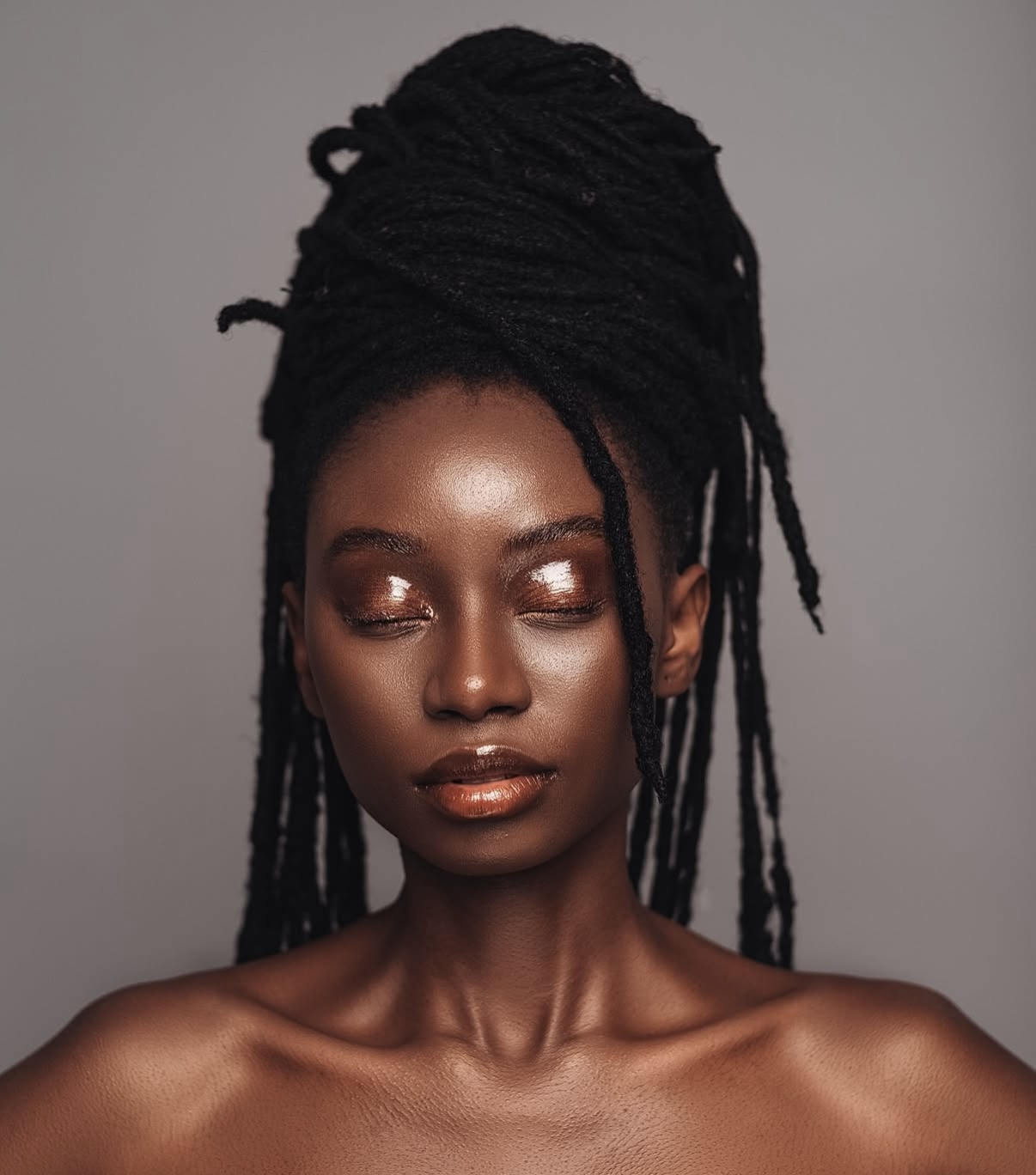
Before we close, can you share your top five hair care tips for locs?
1. Treat Your Locs Like a Plant – Nourish them and they’ll thrive. Hydration is essential, so don’t shy away from regularly moisturizing. Patience and care always show in growth.
2. Protect Your Hairline – Avoid tight styles that put strain on your edges. Gentle handling keeps your crown healthy and strong.
3. Take Styling Breaks – Give your locs room to breathe between styles. Constant manipulation can weaken strands.
4. Sleep Smart – Always use a satin bonnet or pillowcase to reduce friction, prevent breakage, and retain moisture.
5. Love and Patience – Locs are a journey, not an overnight transformation. Celebrate every stage and trust the process.
